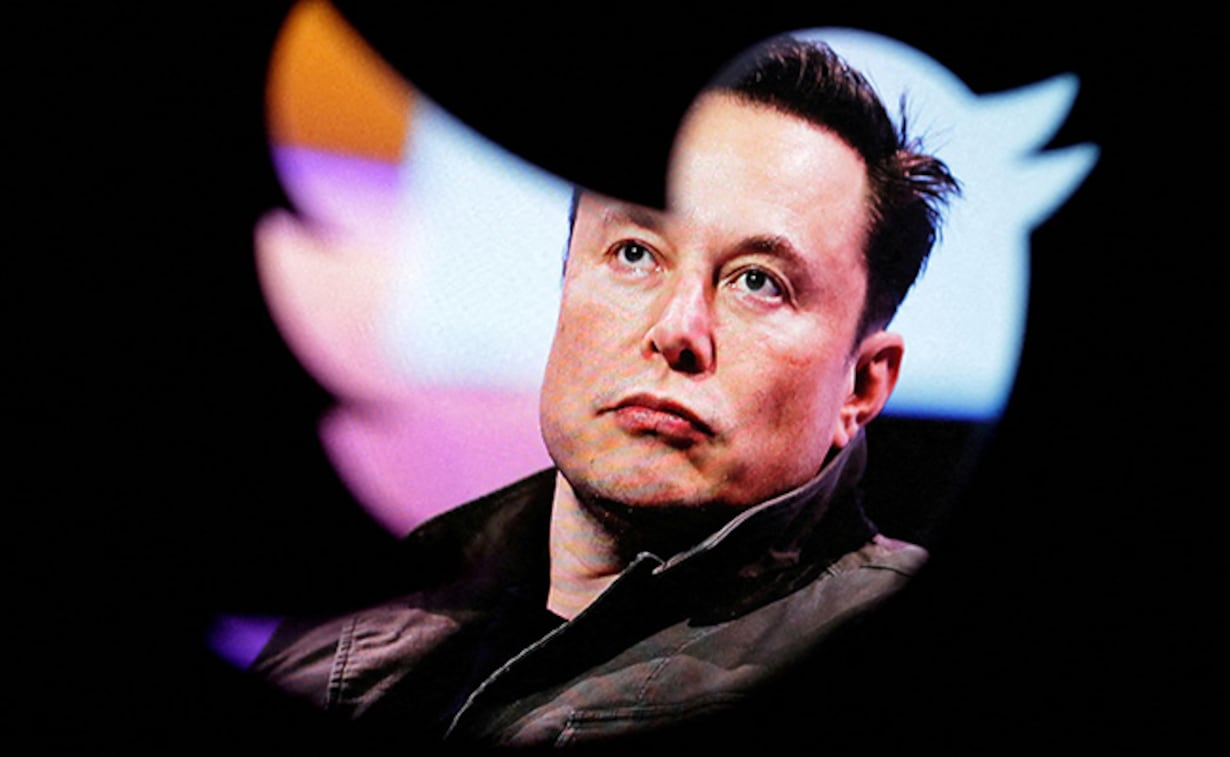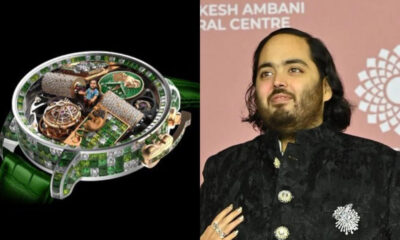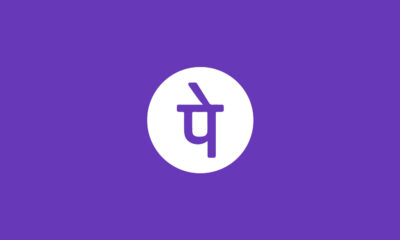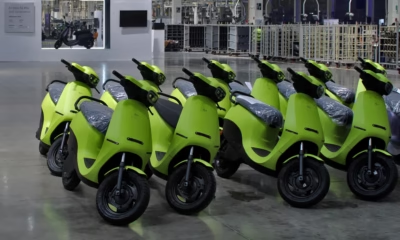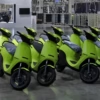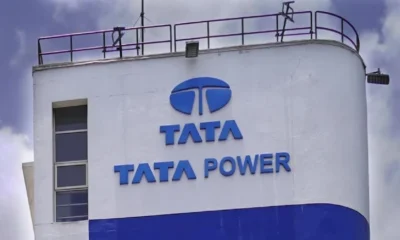Elon Musk’s Twitter: The So-Called Bird App Twitter competitors, such as Mastodon. Which has grown in popularity since Elon Musk purchased Twitter, are likely to syphon off users.
Elon Musk’s Twitter future appears highly uncertain after another chaotic week of mass staff departures and policy reversals. With users – and everyone else – increasingly asking one question. What would a world without the so-called bird app even look like?
Twitter’s user base is still smaller than Facebook’s nearly two billion. TikTok’s one billion plus, and even Snapchat’s 363 million, according to the most recent count in late June.
However, in its 15-year history, Twitter has become the primary communication channel for political and government leaders, businesses, brands, celebrities, and news media.
Some, such as New York entrepreneur Steve Cohn, believe the Twitterverse is merely an artificial microcosm of the real world with little actual significance.
Cohn declared on Twitter that Twitter is “not ‘essential’ in any way.” “The world functions perfectly well without Twitter.”
He went on to say that few people tweet. “Almost all tweets are sent by (the) 1%. Most people never use Twitter.” Others, such as Karen North, a professor at the University of Southern California’s Annenberg School for Communication and Journalism. See the site as essential for shedding light on obscure conversations.
“Most of the time, people without a lot of clout are not heard,” she explain. However, “there is the opportunity to announce things” on Twitter.
“Twitter, I think, has become the central platform for being able to disseminate the truth and the ground reality in situations of conflict. Social movements, or crackdowns,” Charles Lister, a senior fellow at the Middle East Institute in Washington, told AFP.
Like most other social networks, Twitter is use to disseminate propaganda and misinformation. And the company has develop moderation tools to help limit the worst of it.
However, their ability to meet the demands of such a task has been call into question following the departure of more than two-thirds of those teams since Elon Musk’s controversial takeover.
According to a 2018 study, false information spreads faster than fact-checked posts.
